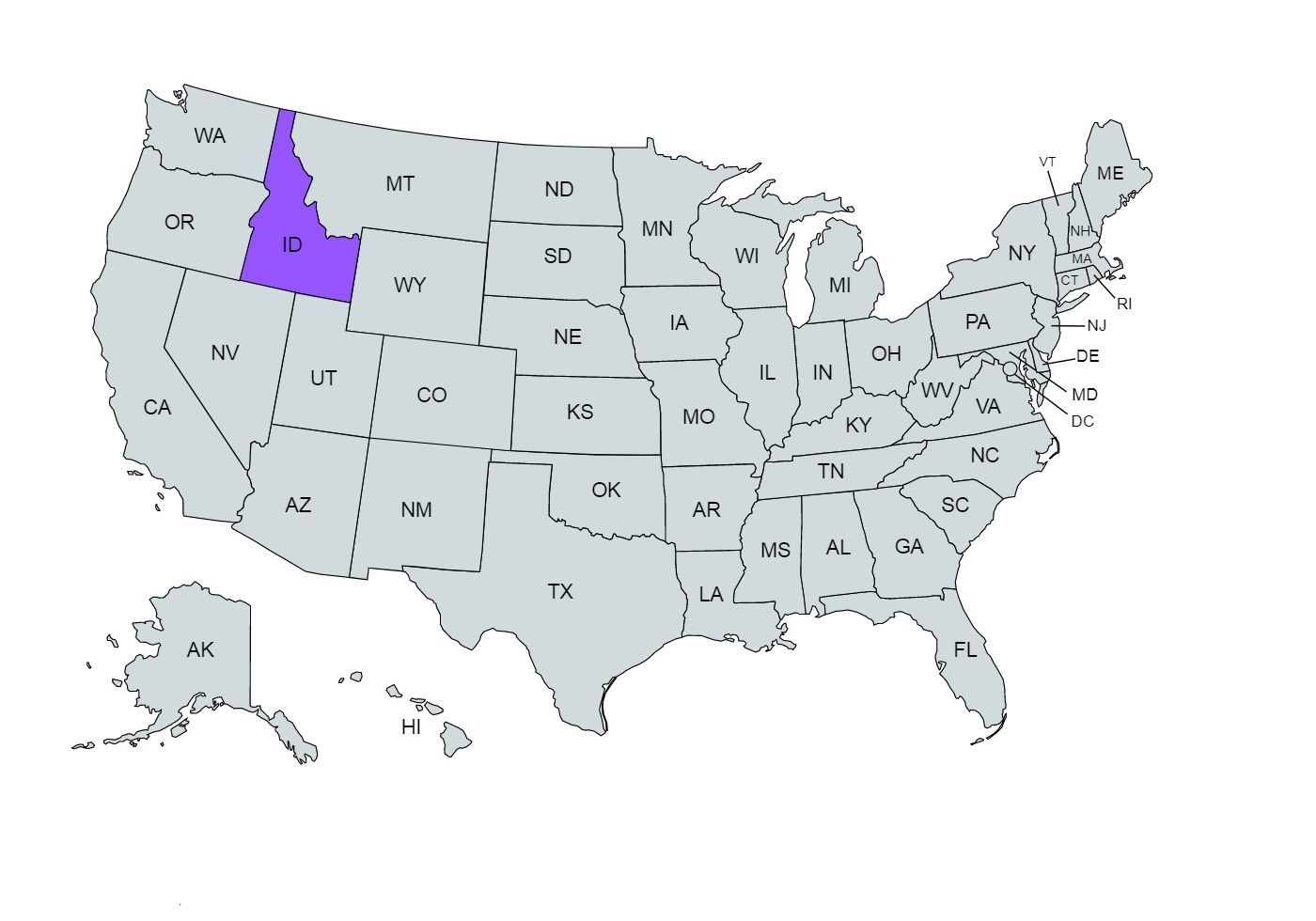Idaho Paycheck Calculator: Calculate Your Net Pay
If you’re wondering, “How do I figure out how much money I take home in Idaho” we’ve got you covered.
Use our simple paycheck calculator to estimate your net or “take home” pay after taxes, as an hourly or salaried employee in Idaho.
Paycheck Calculator
Meanwhile, get ahead with our free resources:
How Does the Paycheck Calculator Work?
Input your salary information, such as wage and pay frequency, and our tool will handle the tax calculations for you. Once you’ve filled in all the information, click the “Calculate Tax” button, and the calculator will provide an estimate of your net or “take home” pay for the specified pay period.
Overview of Idaho Taxes
Idaho is a significant agricultural state, particularly known for producing nearly one-third of the potatoes grown in the United States.

In 2014, Idaho was recognized as the second most small business-friendly state in the U.S., based on a study of small business owners.
If you decide to start a new job in the "Gem State", here's what to expect tax-wise.
Idaho has income tax brackets for single and head-of-household filers, with rates ranging from 0.00% to 6.00%. The brackets are doubled for married couples filing jointly.
FICA taxes encompass Medicare and Social Security taxes, with individual rates of 1.45% for Medicare and 6.2% for Social Security. Your employer matches these contributions, effectively doubling those percentages.
Local income taxes are not levied in Idaho.
Idaho is generally considered tax-friendly due to its progressive income tax system, no local income taxes, and exemptions for retirement income, but individual circumstances can significantly impact the overall tax favorability.
Median Household Income in Idaho
Salary in each state is typically based on the cost of living. While salaries vary widely based on position, the median household income in your state can give you a glimpse at the average salary a household is earning in your region.
Median household income in Idaho has generally increased over the past decade, with a noticeable surge in 2021, reaching $66,674, indicating economic growth in the state.
The overall trend suggests a steady improvement in the financial well-being of households in Idaho, with a gradual rise in income levels.
When assessing these figures, it's important to consider the impact of inflation on the real purchasing power of households. Adjusting for inflation, the actual growth in income may be more modest.
Tips for Maximizing Your Paycheck
Here are some tips to help you maximize your paycheck:
- Become familiar with your payroll deductions
- Understand techniques for reducing your tax
- Fully utilize your work-related perks
- Develop a financial plan and define financial goal
- Look into additional income through extra hours or performance incentives
- Regularly check your pay stubs for inaccuracies
